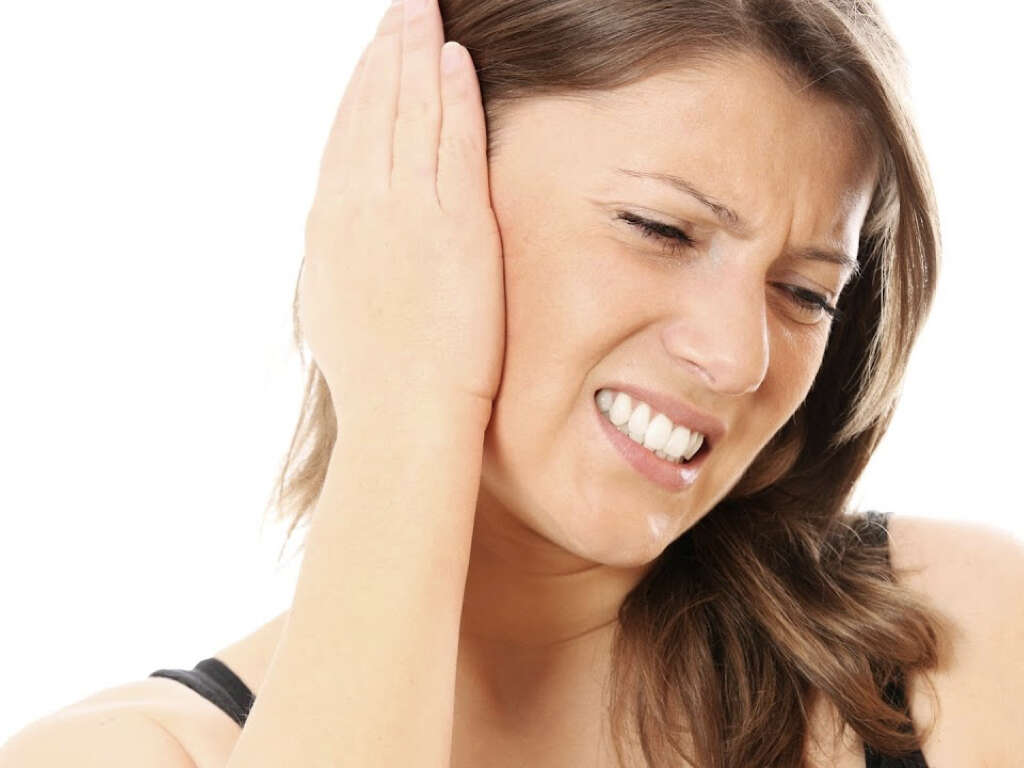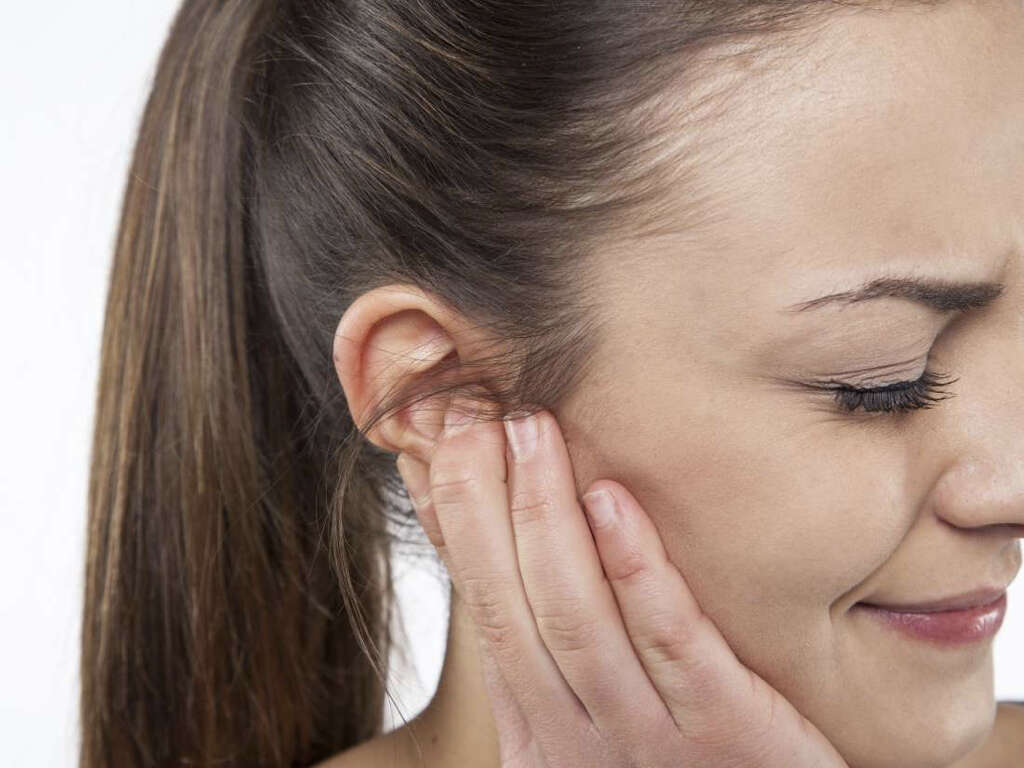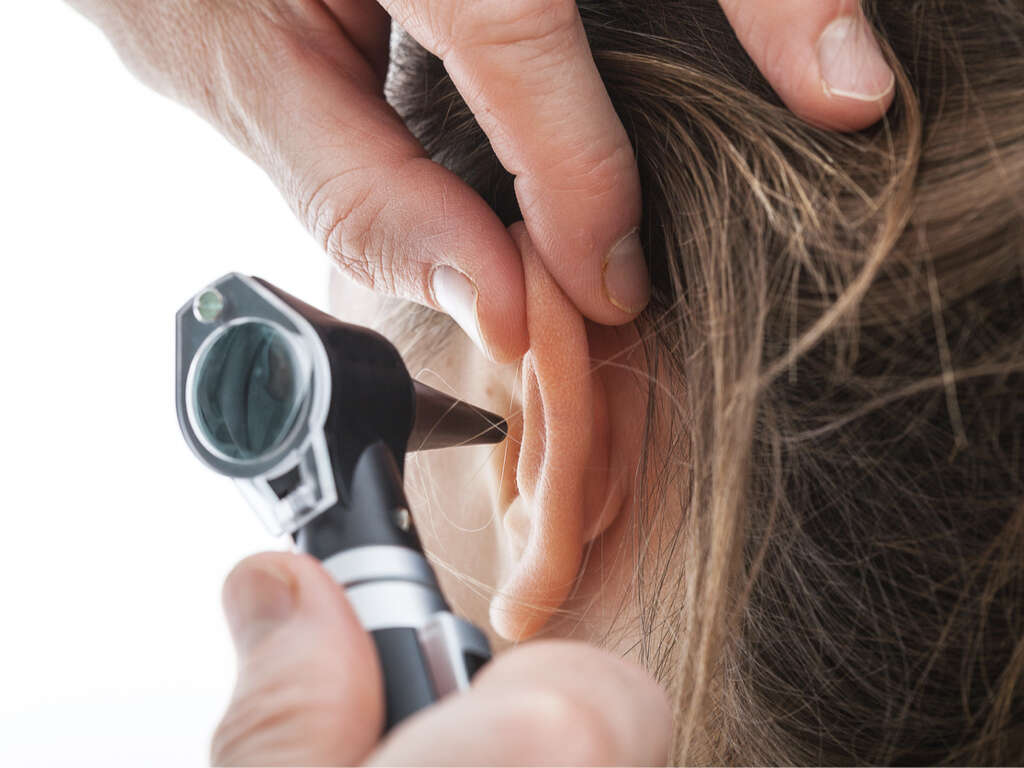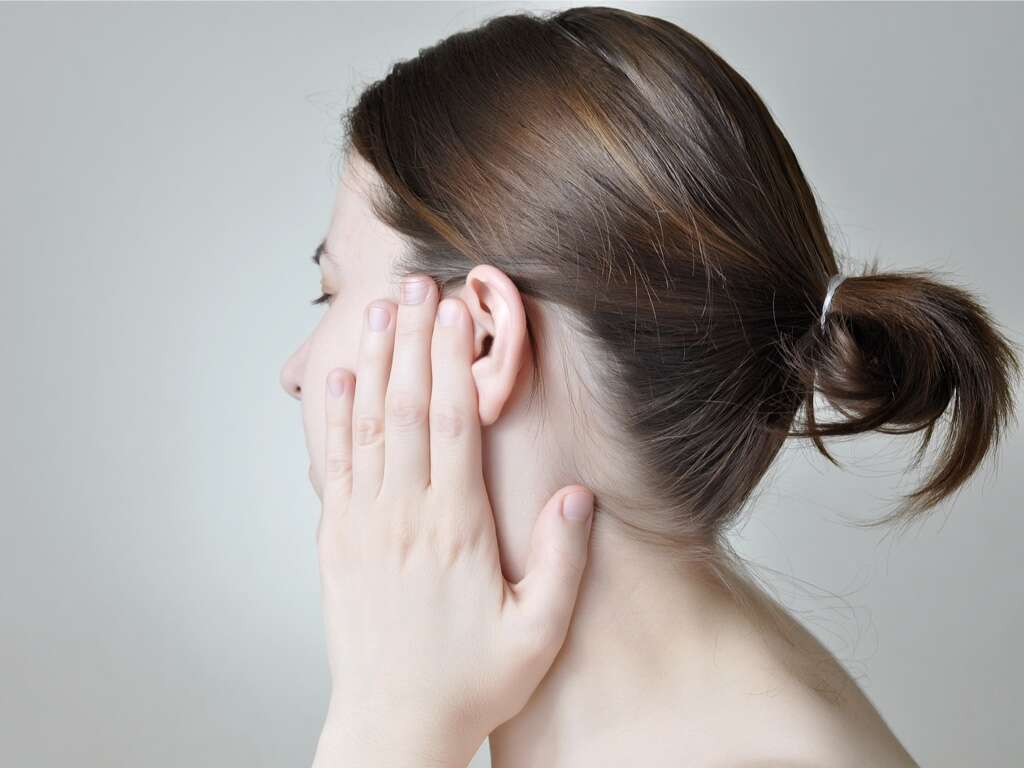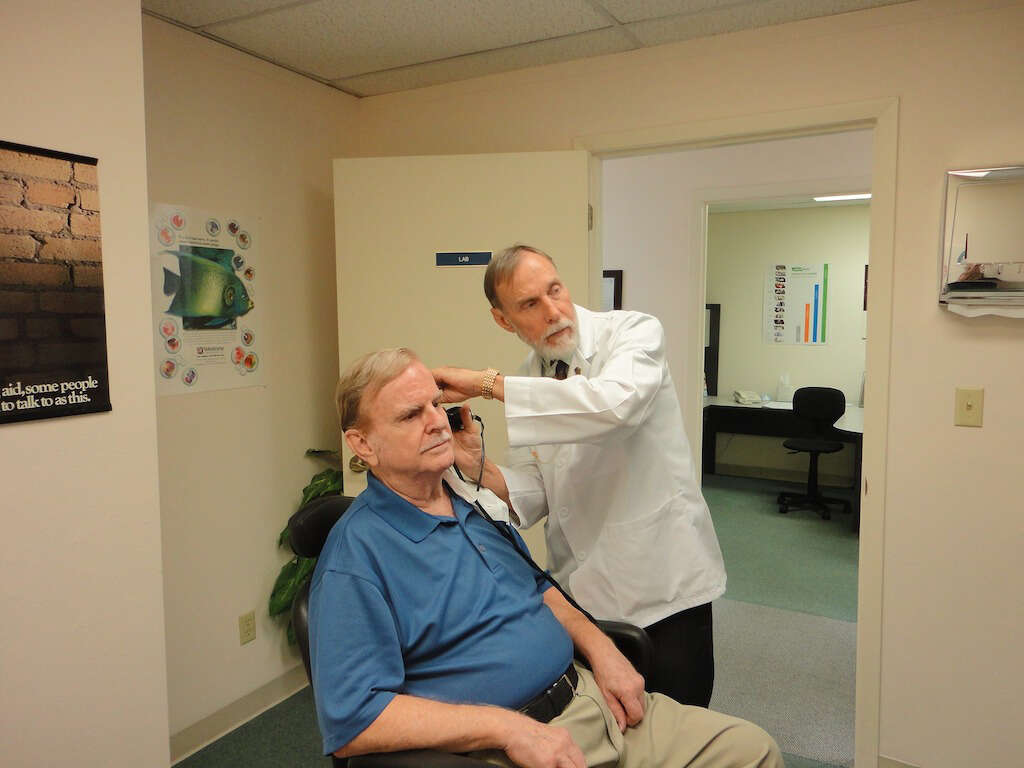10 Causes of Itchy Ears
The ear is an organ that helps hearing and maintain balance. It can be divided into the outer ear, middle ear, and inner ear. The ear canal, or external auditory meatus, refers to the tube that runs from the outer to middle ear. In adults, it measures about 2.5 centimeters or 1 inch in length.
The ear canal can be divided into two parts: the outer third part made of elastic cartilage that contains apocrine glands that produces earwax and the inner two thirds, which is bony.
As the ear canal is exposed, it can be susceptible to different conditions such as itchy ears. Itchy ears are a common complaint regardless of age or gender. There are various causes of itchy ears, as discussed below.
Cause #1: Buildup of Earwax
Earwax or cerumen refers to the orange or yellowish-gray substance that is secreted through the ear canal. It functions to protect the skin of the ear canal, lubricates it, and provides some protection against fungi, bacteria, insects, and water.
Earwax comprises of dead skin cells, secretions of the sebaceous glands, and hair. Excess earwax can press against the eardrum, blocking the ear canal and causing some degree of hearing loss. While inadequate earwax can cause itchy ears, an excess of earwax buildup can also cause itchiness.
Cause #2: Infection
Infection occurs when there is invasion of the tissues by pathogens, which then multiply and cause host tissue reactions to the pathogens and toxins produced. Infections are caused by pathogens such as viruses, bacteria, prions, parasites, and arthropods. The host then fights the infection using the immune system. This often involves inflammation, which is then followed by an adaptive response.
Medications that can be used to treat infections depend on the pathogen that caused the infection. Itchy ears can sometimes be due to an ear infection, especially when one has flu.
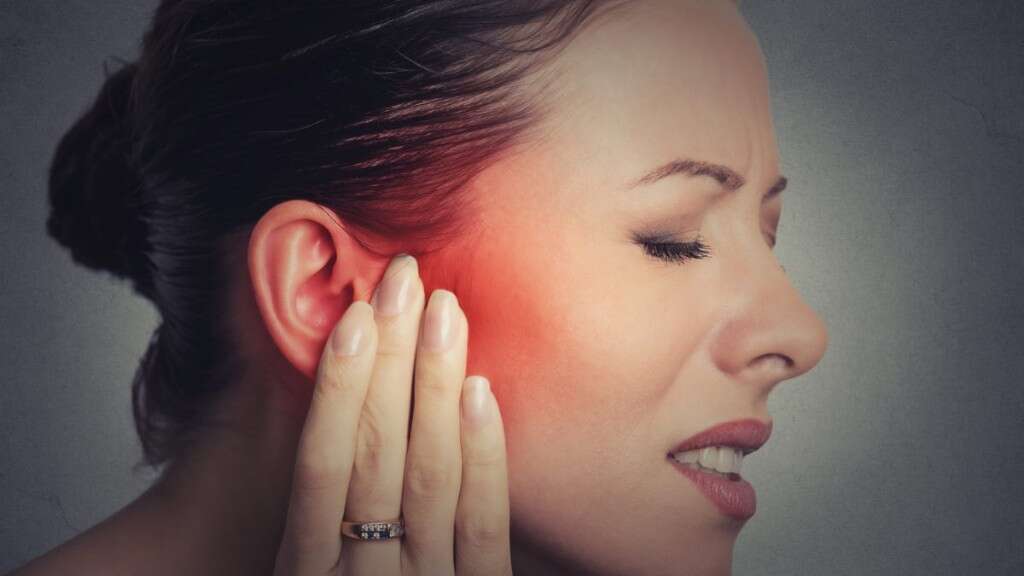
Cause #3: Dry Ears
Just like dry skin, there are also some individuals who have dry ears as they do not produce enough wax, resulting in the skin becoming dry and lacking natural oil. Dry ears tend to have flakes of dry dead skin that cause itchy ears.
It can easily be alleviated using mineral oil or baby oil in the ears to reduce dryness. Dry ears may also occur among individuals who excessively clean their ears.
Cause #4: Eczema
Eczema or dermatitis is a group of conditions causing inflammation of the skin. The affected skin is often red, itchy, and has a rash. The area involved can be small or can involve the entire body. Types of dermatitis include atopic dermatitis, stasis dermatitis, irritant contact dermatitis, and allergic contact dermatitis.
Treatment includes the use of steroid creams, moisturizers, antibiotics, and antihistamines. Contact dermatitis is often seen on the ears of individuals who are sensitive to certain metals present in earrings.
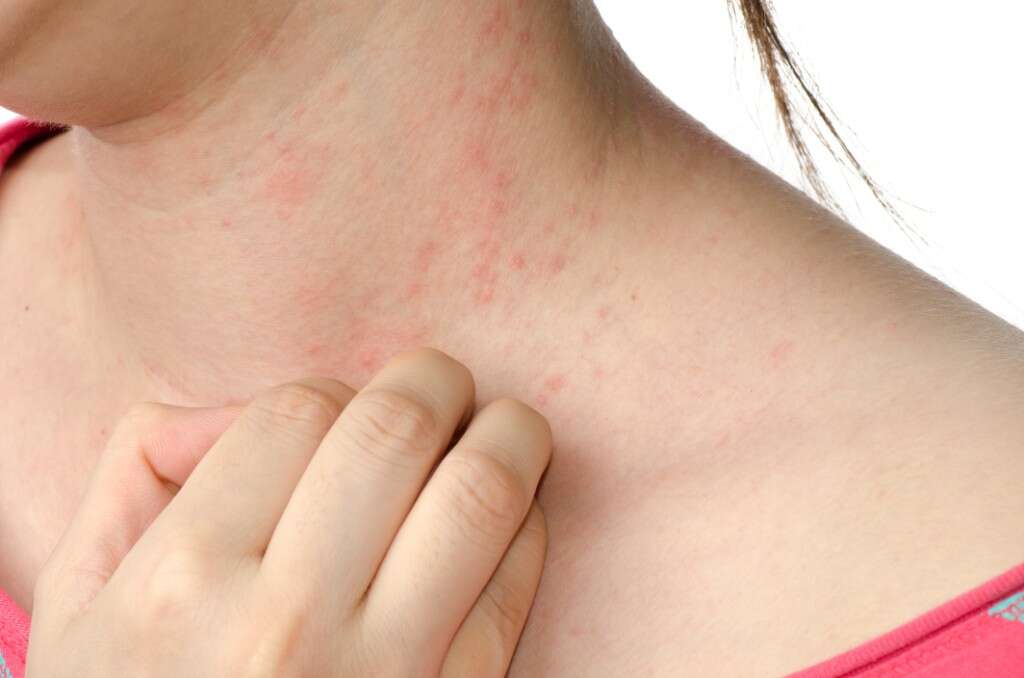
Cause #5: Psoriasis
Psoriasis is a condition where there are patches of abnormal skin due to an autoimmune issue. The affected skin is dry, red, itchy, and scaly. Severity depends on the area of skin affected. It can range from small and localized patches to complete coverage.
Psoriasis can be divided into five main types known as guttate, plaque, erythrodermic, pustular, and inverse. The commonest type, which makes up about 90 percent of cases, is plaque psoriasis. Since psoriasis affects the skin, it can also involve the skin of the ears, therefore causing itchy ears.
Cause #6: Ear Cleaning
Many people clean their ears routinely by putting cotton swabs or plastic material into the ears causing inflammation and itching. There are also some individuals who insert paper clips, matchsticks, toothpicks, bobby pins, or fingernails into the ear canal, scratching the skin and allowing the entry of bacteria, resulting in an infection. This can also cause itchy ears.
The ears do not generally need to be cleaned as they clean themselves and do not need extra care. Many are tempted to clean the ears to rid it of cerumen or earwax, which functions to protect and lubricate the ears. Cleaning the ears too often causes the ears to become dry and itchy.
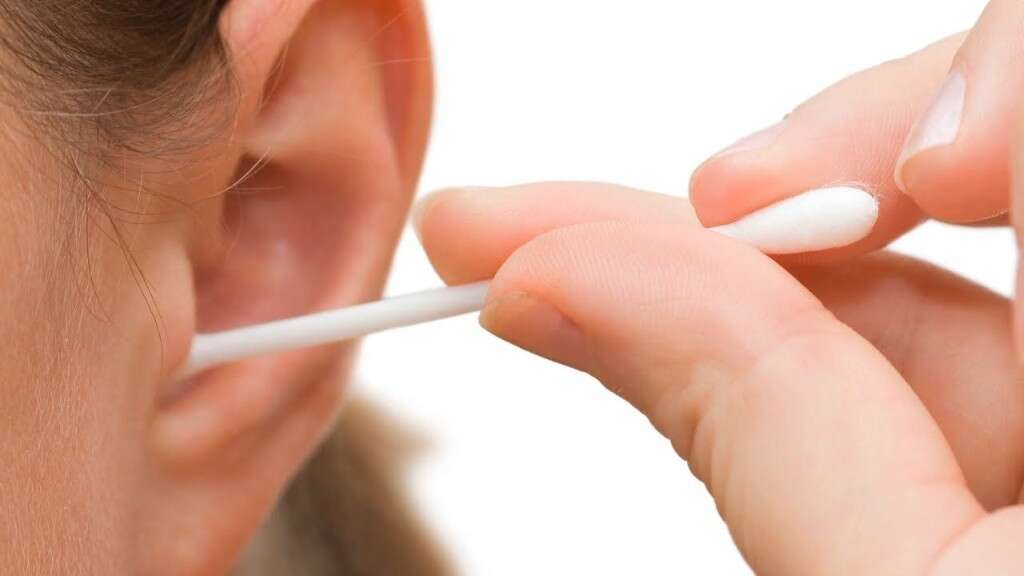
Cause #7: Food Allergies
Food allergies are abnormal immune responses to food. They can cause symptoms that range from mild to severe. Examples include tongue swelling, diarrhea, vomiting, hives, difficulty breathing, low blood pressure, itchy skin, and itchy ears. Symptoms usually appear within minutes to hours after exposure.
Common foods that cause allergies include peanuts, eggs, cow’s milk, fish, tree nuts, shellfish, rice, and wheat. A protein in the food is usually the causative factor as it triggers inflammatory chemicals such as histamine. Management of food allergies include having a plan if there is exposure, adrenaline, early exposure, and wearing medical alert jewelry.
Cause #8: Allergic Rhinitis
Allergic rhinitis, commonly known as hay fever, occurs when there is inflammation in the nose due to the overreaction of the immune system to allergens present in the air. Patients with allergic rhinitis may present with itchy, red, and watery eyes, runny nose, swelling around the eyes, and itchy ears.
Symptoms usually begin within minutes of exposure to the allergen and can negatively affect work, school, and sleep. Symptoms that occur due to pollen only happen at specific times of the year. Allergic rhinitis is extremely common affecting about 10 to 30 percent of the Western population annually.
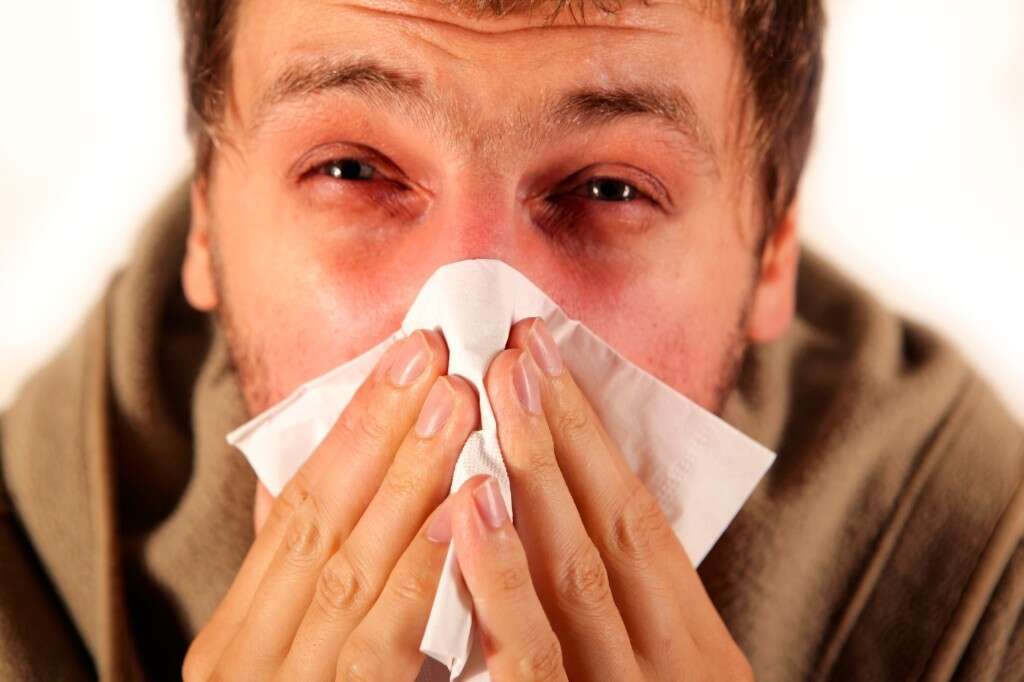
Cause #9: Otitis Externa
Otitis externa, or swimmer’s ear, refers to the inflammation of the ear canal. Patients with otitis externa may experience swelling of the ear canal, ear pain, itchy ears, decreased hearing, and fever. Acute otitis externa occurs if the condition lasts less than six weeks while chronic otitis externa lasts more than 3 months.
Acute cases are usually due to bacterial infection. Chronic cases can be caused by autoimmune disorders and allergies. Treatment usually involves antibiotic ear drops, steroid drops, and pain medication.
Cause #10: Hearing Aids
A hearing aid is a device that helps improve hearing by making a sound more audible to a person who has hearing loss. It is categorized as a medical device in most countries and follows the respective regulations necessary. While earlier devices were passive amplification cones that gather sound and direct it into the ear canal, the modern versions are computerized electroacoustic systems that transform sound according to cognitive and audiometrical rules.
Individuals who wear hearing aids may experience itching in the ears, especially if they are allergic to the material the hearing aid is made of. If this happens, the hearing aid should be replaced using a different mold.




